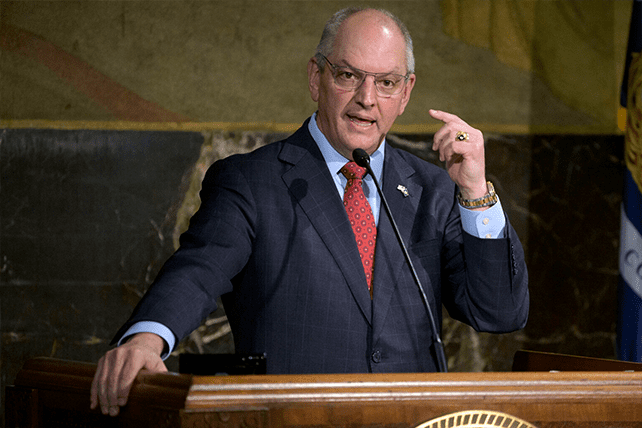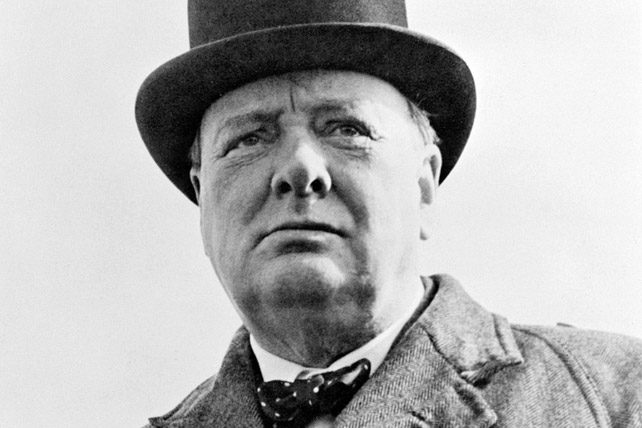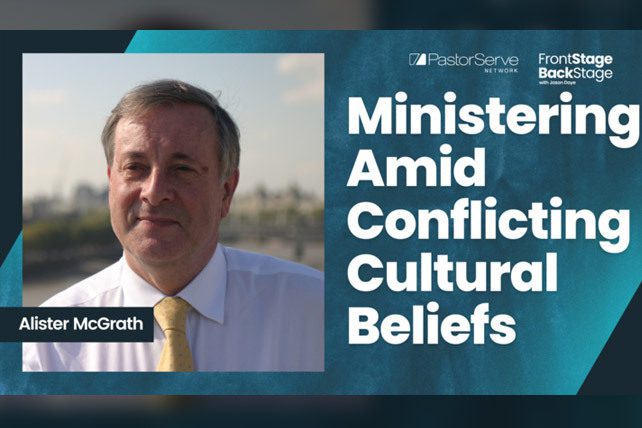Survivalist and author Bear Grylls appears to have been baptized in the Jordan River, something he suggested has always been a dream of his. On Monday, Oct. 2, Grylls shared an image on social media of himself standing in a river in a posture that commonly precedes baptism.
“It had always been a dream of mine to get in the water that Jesus was baptised in by my hero John the Baptist,” said Grylls. “The story is so amazing, & it seems wherever Jesus went, that new birth, new life, a new vision followed.”
It had always been a dream of mine to get in the water that Jesus was baptised in by my hero John the Baptist. The story is so amazing, & it seems wherever Jesus went, that new birth, new life, a new vision followed. Luke (in the bible) was probably a Syrian doctor before he met… pic.twitter.com/YwcEwL1ewh
— Bear Grylls OBE (@BearGrylls) October 2, 2023
RELATED: If You Haven’t Heard Bear Grylls Give a Pep Talk, You Need To
Bear Grylls Appreciates the Gospel of Luke
Bear Grylls is a best-selling author probably best-known for the show, “Man vs. Wild.” He is a former member of the British Special Forces and at age 23 summited Mount Everest not long after breaking his back in a skydiving accident.
In addition to “Man vs. Wild,” Grylls has participated in other survival-focused shows, such as “Escape from Hell,” “The Island,” and “Running Wild with Bear Grylls.” His books include “Soul Fuel: A Daily Devotional,” “Never Give Up: My Life in the Wild,” and “Mind Fuel: Simple Ways to Build Mental Resilience Every Day.”
Grylls is candid about his Christian faith. In an interview earlier this year, he drew a distinction between following Jesus and participating in empty religion. “I think Jesus would really struggle with 99% of churches nowadays,” he said. “Our job in life is to stay close to Christ and drop the religious, drop the fluff, drop the church if you need to because that means so many different things to different people anyway.”
“Keep the bit of church which is about community and friends and honesty and faith and love,” Grylls continued. “All the masks, performances, music and worship bands and all of that sort of stuff—I don’t think Christ would recognize a lot of that.”
Grylls has also been an ambassador for Alpha, an introduction to Christianity run by all major Christian denominations in 169 countries.
The baptism of Jesus is recounted in the gospels of Matthew, Mark and Luke. “Luke (in the bible) was probably a Syrian doctor before he met Jesus,” Grylls said in his post. “He writes a reliable, poignant account of his life. It’s short. I like it.” Luke is actually the longest book in the New Testament.
















 What can we learn from conflicting ideologies like New Atheism and others that can help us be more effective in ministry? In this week’s conversation on FrontStage BackStage, host Jason Daye is joined by Dr. Alister McGrath. Alister is a respected professor and the director of the Ian Ramsey Centre for Science and Religion at Oxford University. He is a prolific writer, and his latest book is titled “Coming to Faith Through Dawkins.” Together, Alister and Jason discuss the importance of looking for opportunities in cultural belief systems that allow us to point people to Jesus. Alister also shares a rising ideology that we need to be aware of and how we can minister to people who are wrestling with it.
What can we learn from conflicting ideologies like New Atheism and others that can help us be more effective in ministry? In this week’s conversation on FrontStage BackStage, host Jason Daye is joined by Dr. Alister McGrath. Alister is a respected professor and the director of the Ian Ramsey Centre for Science and Religion at Oxford University. He is a prolific writer, and his latest book is titled “Coming to Faith Through Dawkins.” Together, Alister and Jason discuss the importance of looking for opportunities in cultural belief systems that allow us to point people to Jesus. Alister also shares a rising ideology that we need to be aware of and how we can minister to people who are wrestling with it.






